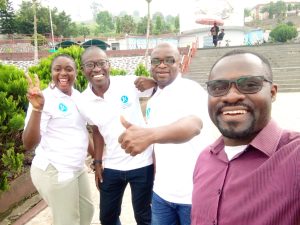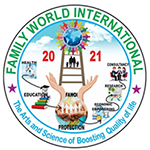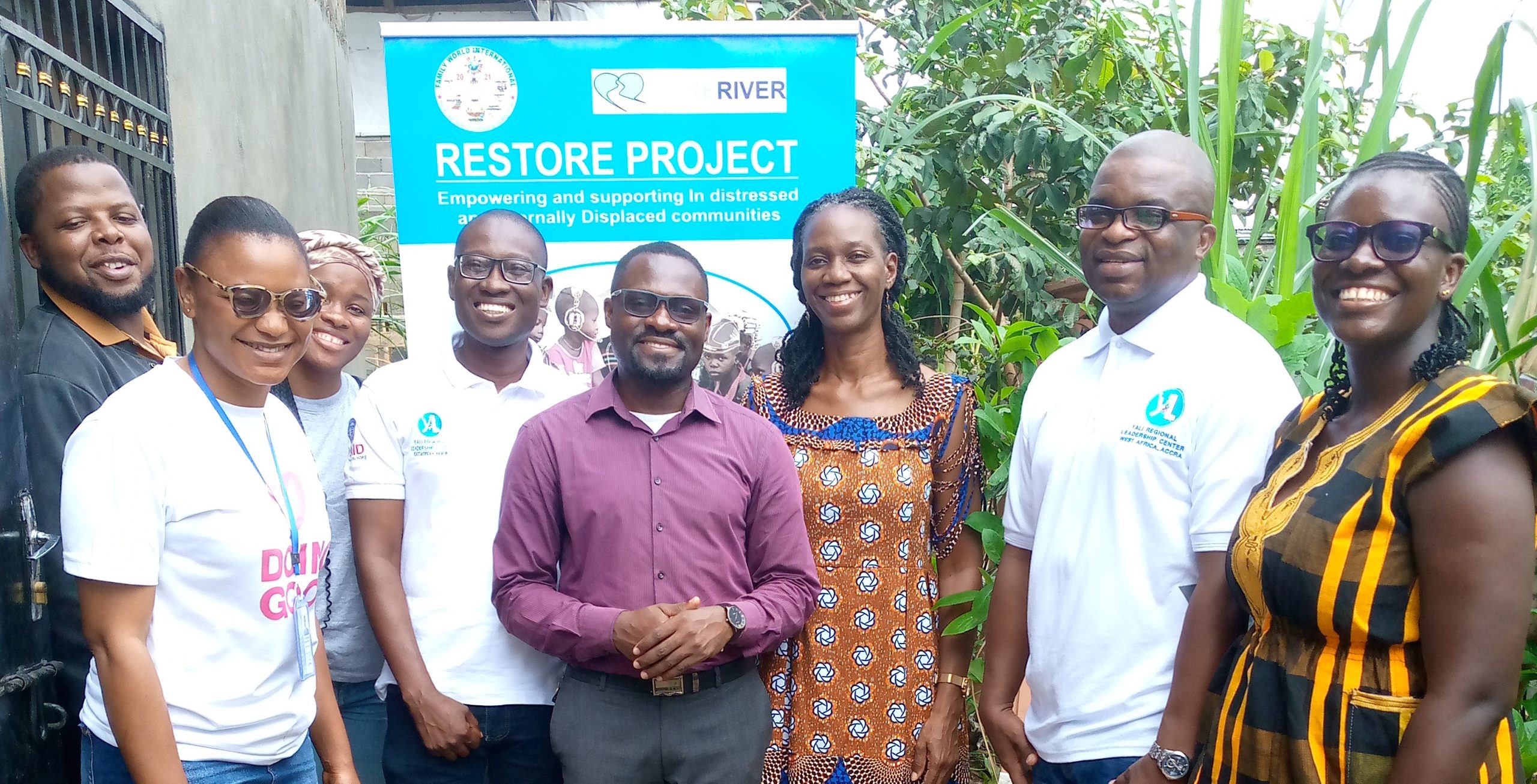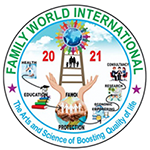Family World International (FAWOI), recently welcomed the Delegation of the Young African Leadership Initiative (YALI) Regional Learning Centre (RLC) from Accra, Ghana to it’s head office in Buea, Cameroon. This delegation was made up of the YALI Director, Dr Esi Sey, the Partnerships and MEL managers (Peter Charwe and Terry Darko) and the YALI Alumni Association of Cameroon’s (YAAC) President and Secretary (Viviane Tathi and Vianney Forewah). The visit aimed to see the initiative of YALI Alumni and to appraise their work, learn about their successes and challenges, explore opportunities for partnership, and provide guidance and support where necessary.
The meeting commenced at 12:50 PM with nine participants: six members including one Association member constituting the YALI team and four representatives from FAWOI, including the Admin Assistant – Neh Ousemmatou, Finance & Compliance Assistant – Ngum Vanisa, the Secretary General – Stephen A. Kube and the Technical Director – Banlack Ernest Fonjinwe. The SG delivered a warm welcome speech, followed by introductions from all team members.
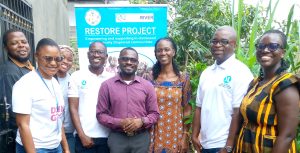
Projects
A significant portion of the meeting was dedicated to the introduction of FAWOI, its projects and programs by the SG. He outlined FAWOI’s thematic areas of intervention: Health, Education, Empowerment, Protection, and Development, emphasizing their strategy of empowering households through individual empowerment using a 7-step case-management approach. He presented their current project, RESTORE III, an initiative that aims to enhance healthcare services for orphans and vulnerable children in the South West and North West health districts, particularly amidst the socio-political crisis.
Impact and Achievements
During the Q&A session, the YALI MEL Manager inquired about the impact of FAWOI since its inception in 2021. The SG reported that over 34,000 individuals have benefited from FAWOI’s programs, including around 29,000 through health awareness campaigns on HIV and Malaria, and approximately 5,000 through direct support and referrals, focusing on vulnerable children, women and their families. FAWOI’s key beneficiaries being children born of war, orphans and children of female sex workers, internally displaced and persons with disabilities, and victims of violence and abuse.
Collaborations and Challenges
The Partnerships Manager explored other significant projects funded by international organizations. The SG highlighted the Canadian Government Grants, which empowered 210 women in Fako through business start-up training and grants, in partnership with the Martin Luther King Jr Memorial Foundation (LUKMEF). Additionally, FAWOI self-funds a yearly Menstrual Health and Hygiene Program to keep young girls in school and raise awareness about the role of men in supporting menstrual health.
Challenges discussed included safety and security threats due to the ongoing socio-political crises in the North and Southwest regions. FAWOI addresses these concerns by employing individuals from affected communities and collaborating with the International NGO Safety Organization (INSO) for security updates. Financial constraints were also noted, with FAWOI relying on membership registrations, board dues, fundraising, and external funds from grant bodies internationally and locally.
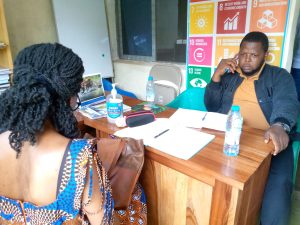
Future Plans and Sustainability
FAWOI’s future plans include continuing its humanitarian efforts, enlisting more vulnerable participants, and collaborating with healthcare services to reach national targets for universal health coverage (UHC) while supporting national HIV/AIDS, Malaria, and Hepatitis B programs to reach national targets and objectives.
In the absence of donors, FAWOI plans to actively source funding, harness collaborations, and utilize self-funding schemes and fundraising campaigns to sustain its operations. FAWOI focuses on partnerships with international and local organizations to maintain funding and continue bootstrapping efforts and consultancy to raise income.
Conclusion and Feedback
The YALI team was invited to provide recommendations to enhance FAWOI’s services and review internal policy documents and standard operating procedures. The visit concluded with feedback registration and a group photo at 2:00 PM.
FAWOI remains committed to building sustainable families and empowering communities, ensuring that their mission to foster health, education, and development continues within the humanitarian space.
For more information on FAWOI’s initiatives and how to support, visit www.fawoi.org.
